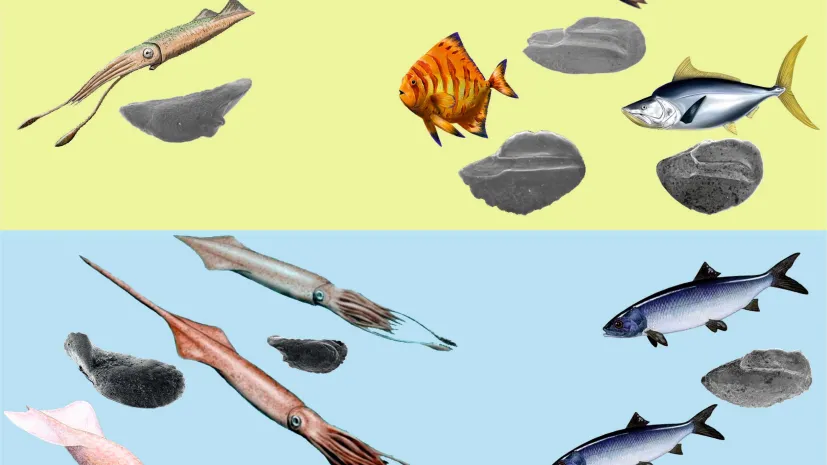-
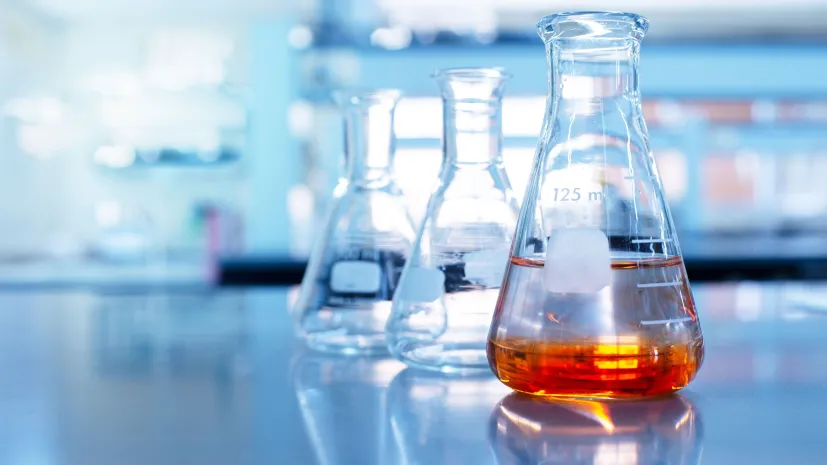
Polish scientists use visible light to produce formaldehyde from methanol
Polish researchers have developed a material that transforms methanol into formaldehyde under visible light, at room temperature and normal pressure, offering a potential green alternative to conventional, energy-intensive production methods.
-

Delusions and psychosis in schizophrenia linked to cognitive biases, says Polish psychologist
Jumping to conclusions, seeing signs where there are none, and attributing internal experiences to the outside world are among the cognitive biases that make living with schizophrenia difficult. These can be addressed through metacognitive training (MCT), explains psychologist Łukasz Gawęda, PhD, a professor at the Institute of Psychology of the Polish Academy of Sciences.
-

Polish scientist examines if lichens can survive on Mars
Scientists from Krakow and Wrocław are investigating how lichens cope in Mars-like conditions—and early results suggest they could survive there.
-
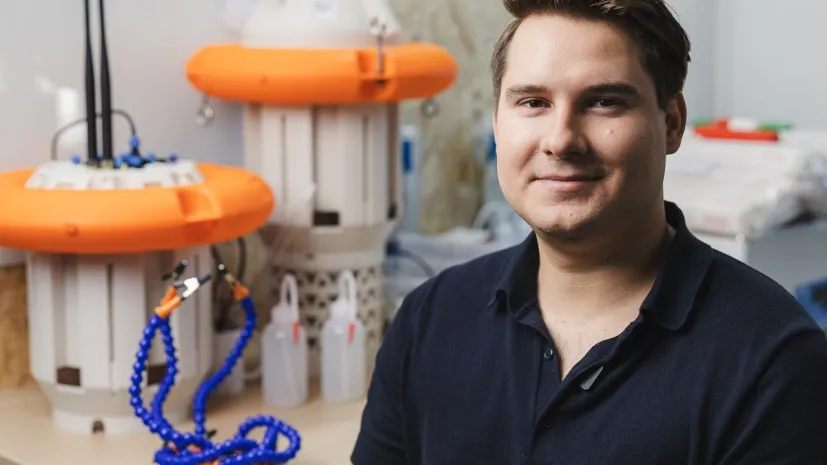
Polish students in James Dyson Award final with life-saving wristband and AI water monitor inventions
Two Polish inventions are among the Top 20 global finalists in this year’s James Dyson Award. Both inventions, a smart medical wristband that can save lives and an AI-powered water monitoring system, will compete for the competition’s international grand prize.
-

Kraków scientists uncover new step in tRNA maturation
Scientists in Kraków have identified when a key chemical modification is added to transfer RNA (tRNA) molecules during their maturation process.
-
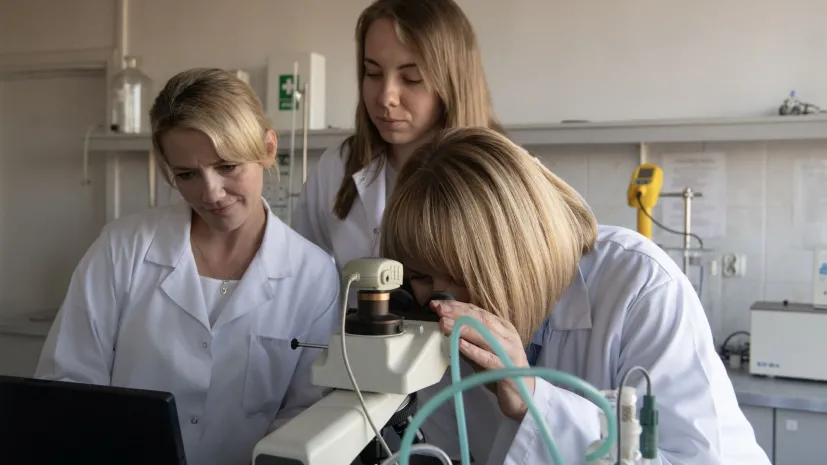
Krakow researchers first in the world to develop anti-pollution cosmetics from blue bugle root
Scientists from the Krakow University of Technology have discovered that blue bugle root offers protection against radiation, including solar radiation.
-

Polish scientists develop DNA-based test to detect smoking habits
Polish researchers have demonstrated that analysing just four DNA locations is sufficient to determine with high accuracy whether a person smokes cigarettes.
-
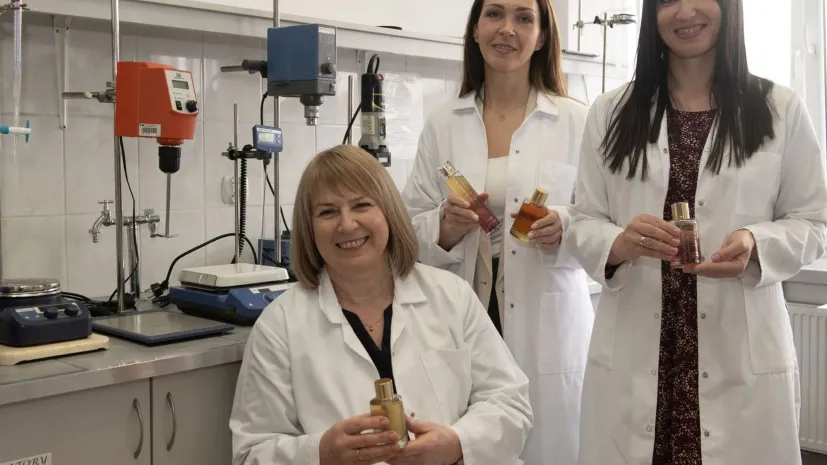
Krakow researchers develop alcohol-free, eco-friendly water-based perfumes
Researchers at the Krakow University of Technology have developed eco-friendly, alcohol-free, water-based perfumes featuring allergen-free fragrance compositions.
-

Armenian-Polish team discovers stone slab with carved human facial features and vast burial ground
An Armenian-Polish archaeological expedition working at the Argishtikhinili site in Armenia has discovered a stone slab carved with human facial features, described by researchers as a “stone idol,” and a vast urn cemetery containing twelve burials.

